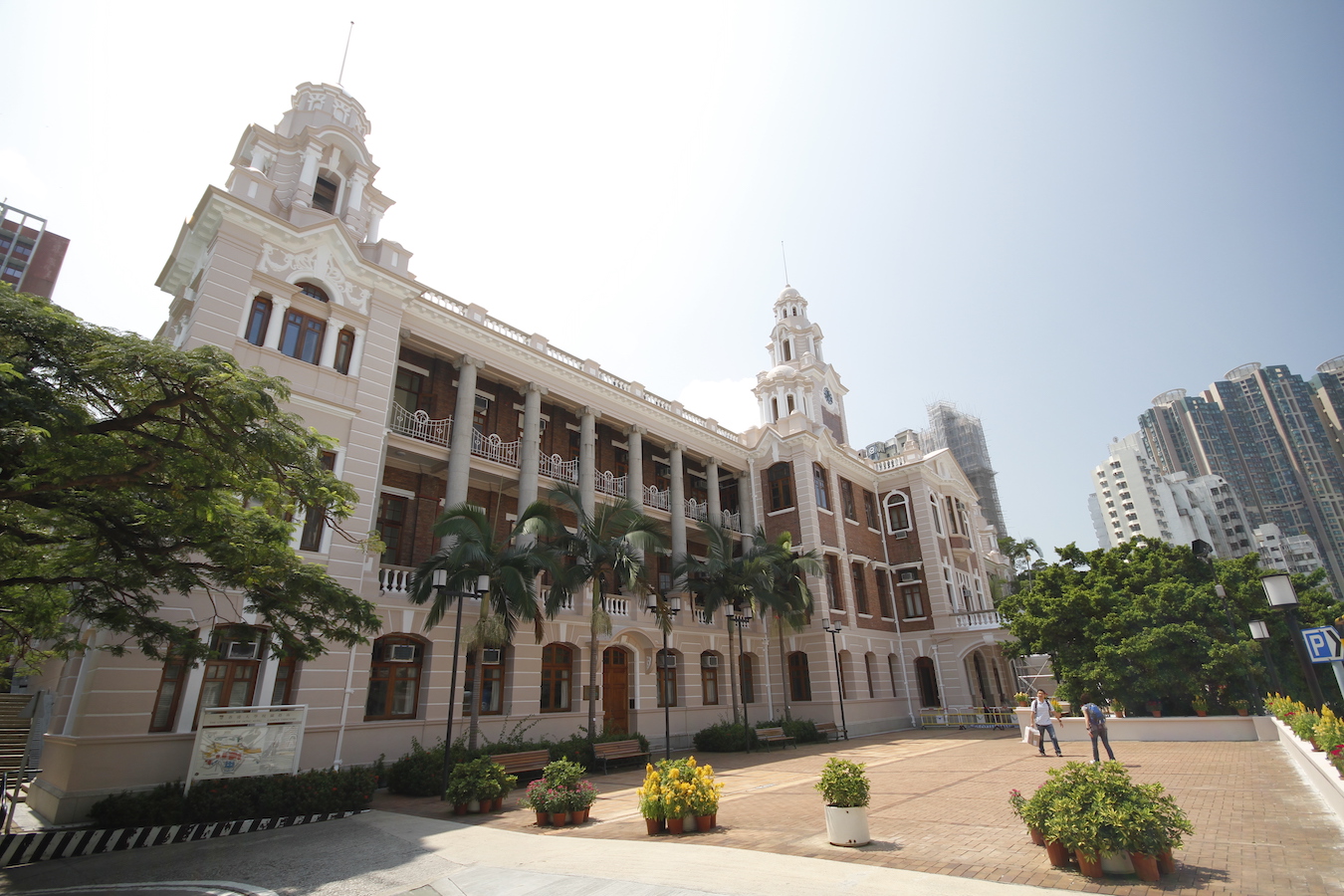by Brian Hioe
語言:
English
Photo Credit: Sakaori/WikiCommons/CC
THE COVID-19 SITUATION in Hong Kong continues to be severe, with more than 52,523 daily cases reported on Friday. Hong Kong has reported more than 403,000 cases since the start of the pandemic, meaning that the number of cases reported in Hong Kong now surpasses the number of cases reported in China.
It should be noted that how Hong Kong reports cases is not the same as how China reports cases. Hong Kong ordinarily reports both preliminary cases as well as confirmed cases, but with the spike in COVID cases in past weeks leading to a backlog, this has led both numbers to be combined. Likewise, China reports asymptomatic cases separately from symptomatic cases.
At the same time, it is clear that the situation in Hong Kong is precarious, with public hospitals overburdened to the extent that some hospitals have placed patients outdoors due to lack of space. Confusion has resulted from the fact many Hongkongers are not clear about what to do with positive tests, may hope to self-isolate if they have light symptoms, so as to avoid overburdening the hospital system, or fear having their freedoms restricted if they have to quarantine. Further confusion originates from that government-distributed COVID tests do not have clear instructions on what to do for positive tests and that government hotlines are clogged with calls.
For its part, the Hong Kong government claims that there are not currently any plans for a city-wide lockdown, but only partial lockdowns of select areas, so as to keep the financial sector and other segments of the economy running. To this extent, the Hong Kong government has suggested that while private hospitals would be wrong to turn away COVID patients, they are not obligated to do so. This occurs even as Chief Executive Carrie Lam has drawn analogies between the current situation in Hong Kong and wartime, in such a manner as to allow for the expansion of her powers in a manner that circumvents the law.
 Photo credit: Ka-Fai,So/WikiCommona/CC
Photo credit: Ka-Fai,So/WikiCommona/CC
The Hong Kong government has also stated that it intends to return to COVID-zero policy once the current wave of COVID-19 ends. In particular, Hong Kong experienced successes in managing COVID-19 early on with such policies. Likewise, with western countries having stumbled in their COVID-19 response despite the emergence of COVID-19 in China, it has become a matter of ideological pride for the Chinese government as to maintaining COVID-zero policies.
This is used to bolster claims that China’s successes fighting COVID-19 are due to the intrinsic superiority of the Chinese socioeconomic system compared to that of western countries. Nevertheless, one notes that Taiwan, another free-market economy, has also done well in keeping COVID at bay, and that states that have had comparative success in fighting COVID-19 have adopted similar measures, regardless of putative socioeconomic system.
At the same time, particularly in the wake of the 2019 protests, there is low trust in the Hong Kong government. The Hong Kong government, already highly out of touch with the public, is seen as likely to put more priority on maintaining a COVID-zero approach than measures that actually are effective in fighting the coronavirus.
The ability of the Hong Kong government to boost vaccinations, particularly among the elderly, was already hampered by a high level of distrust. This was not aided by efforts by the Hong Kong government to bolster the image of Chinese vaccines, while depicting western vaccines as dangerous and unreliable.
The current outbreak will only deepen distrust in the Hong Kong government. Outrage is likely to be particularly hard given severe shortages of food and other necessary supplies in Hong Kong. The government is likely to be seen as having failed to prepare Hong Kong for a wave of COVID despite having two years to prepare, in light of how COVID was relatively stable in Hong Kong for some time. Migrant workers and other socially precarious groups are most likely to be negatively impacted.
The result may be that Hongkongers end up adopting management strategies to COVID-19, even as the Hong Kong government continues to roll out policies that do not accord with the reality of circumstances in Hong Kong. One, then, may see that the government continues to tout COVID-zero policies, while the public goes about their lives. This divergence in policy could have significant effects on Hong Kong going forward.

